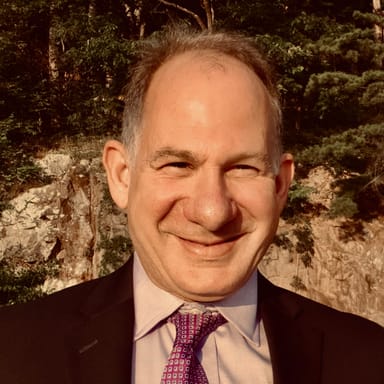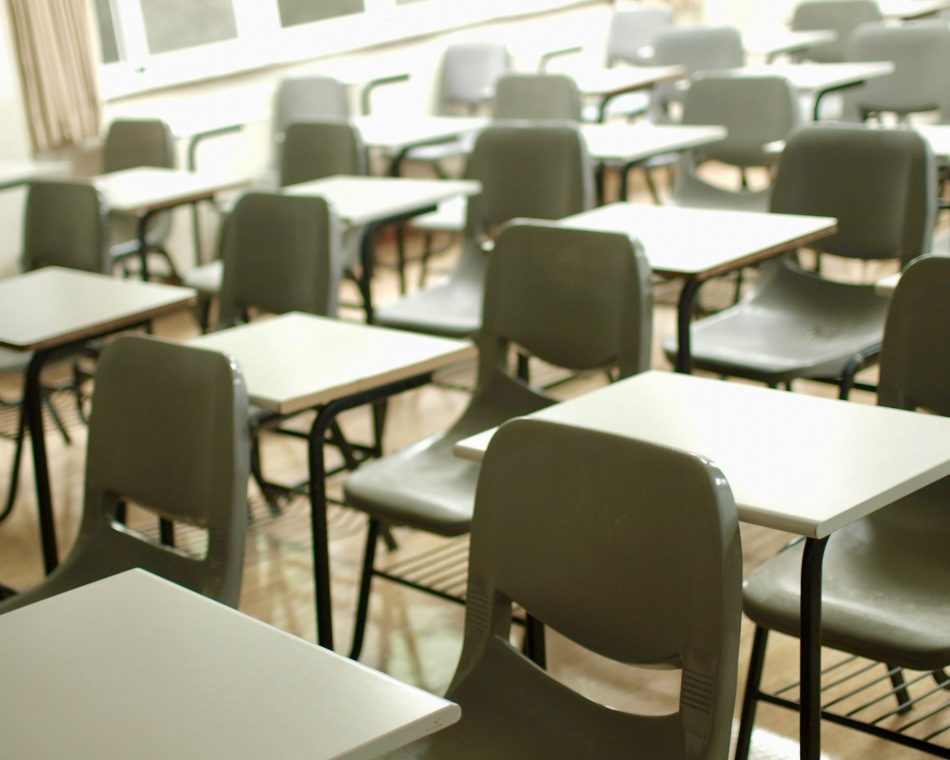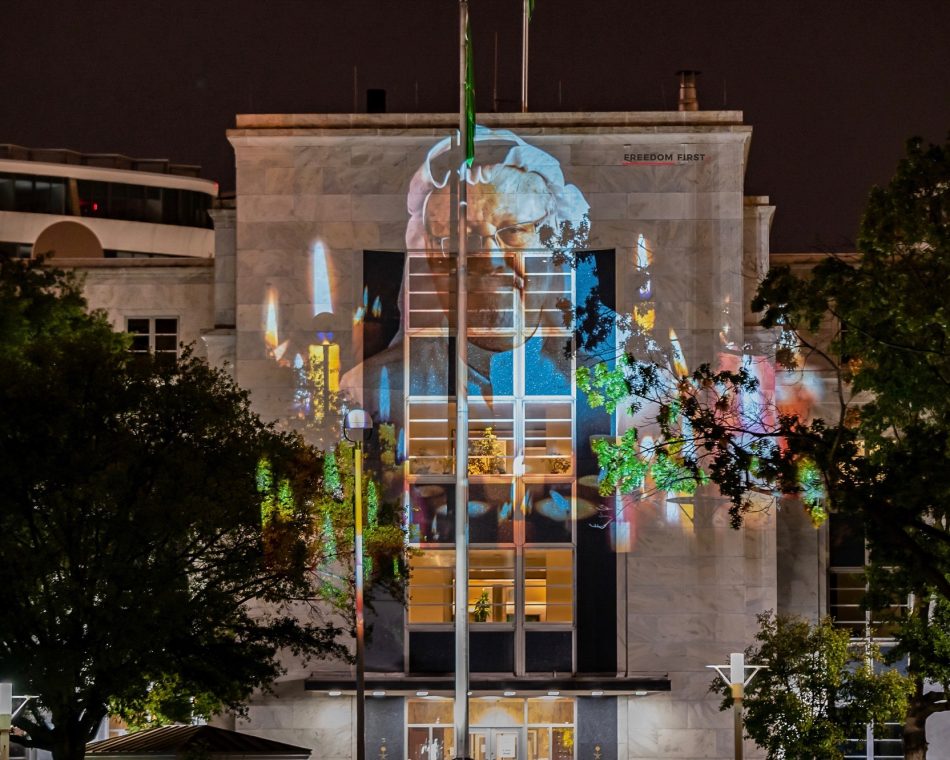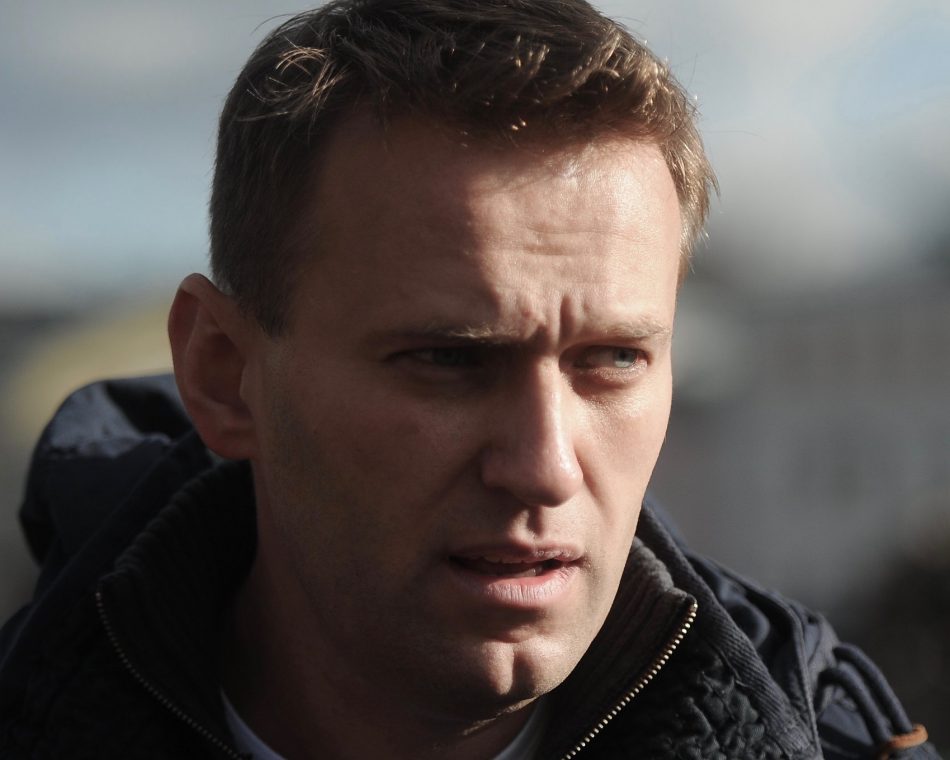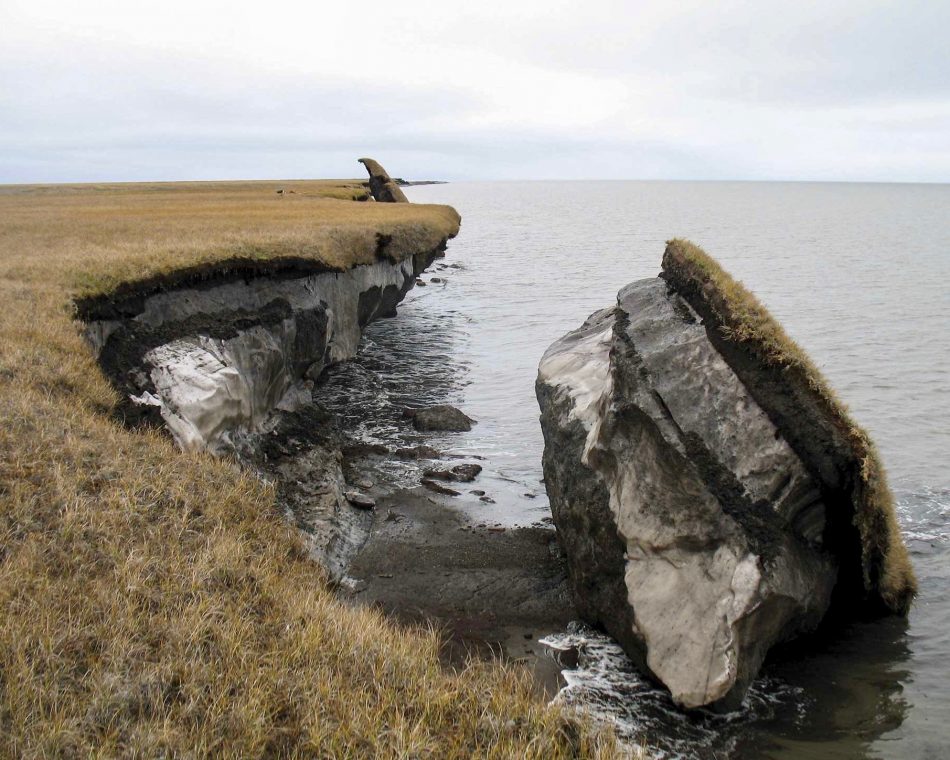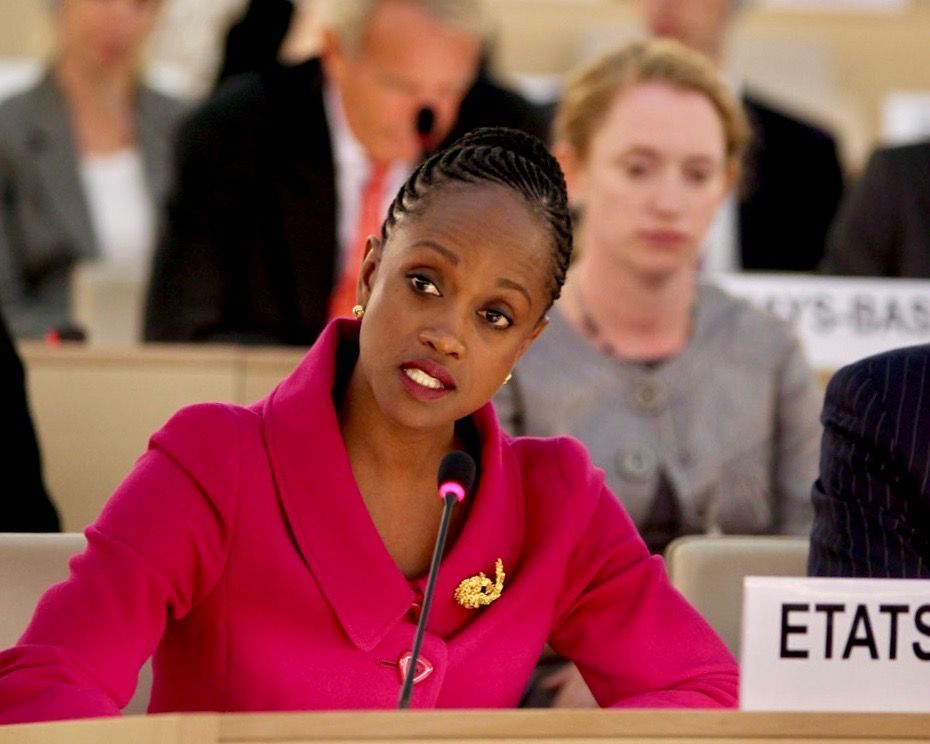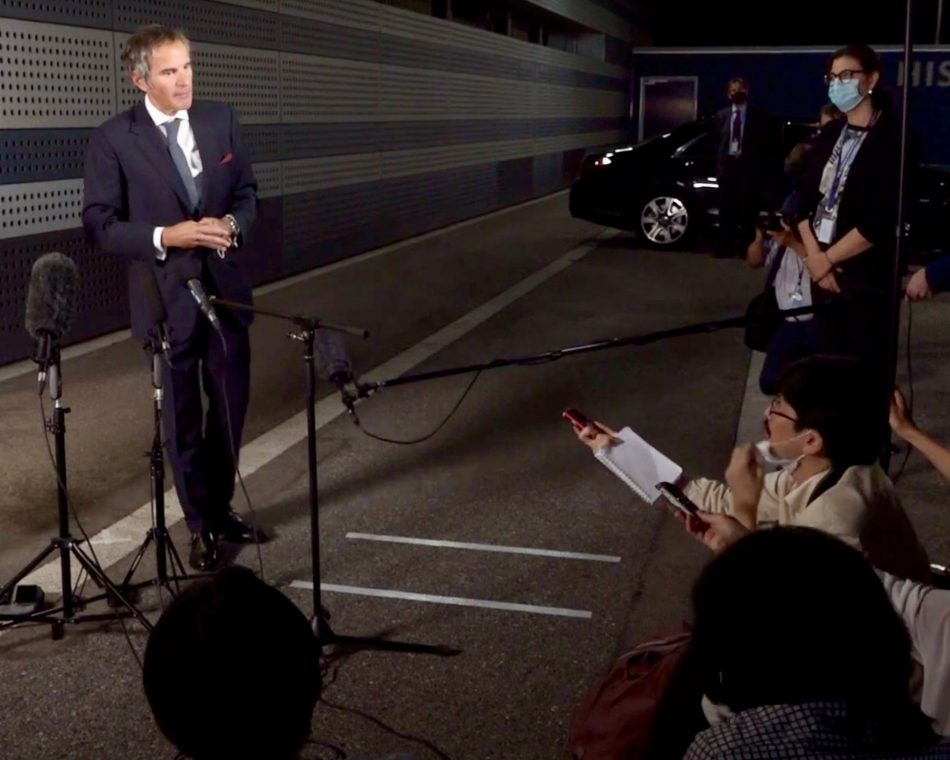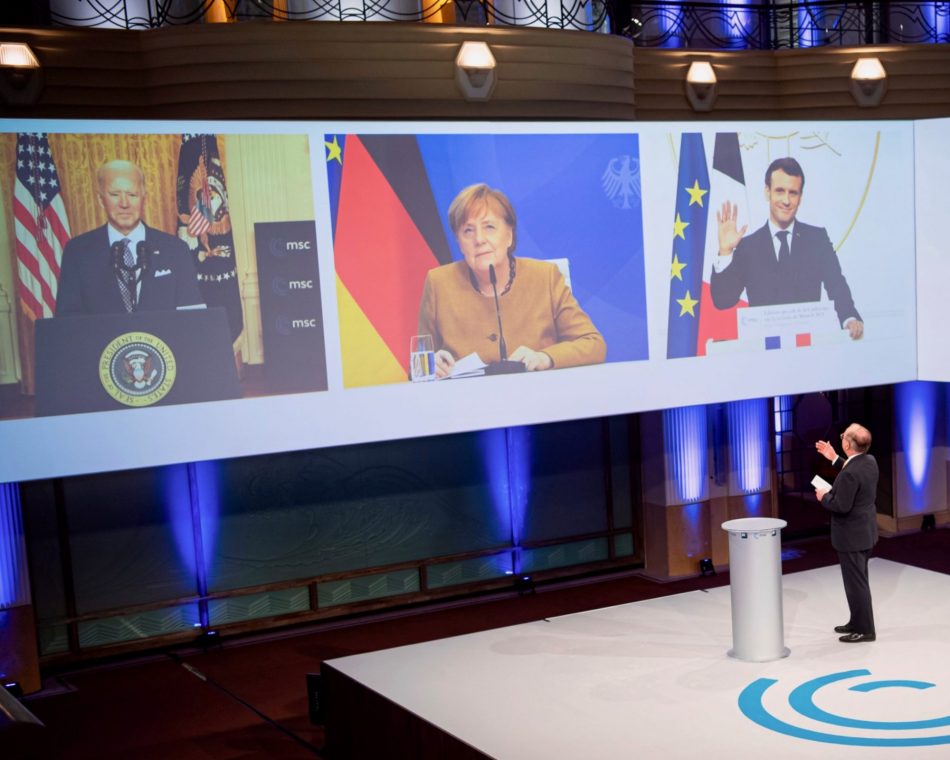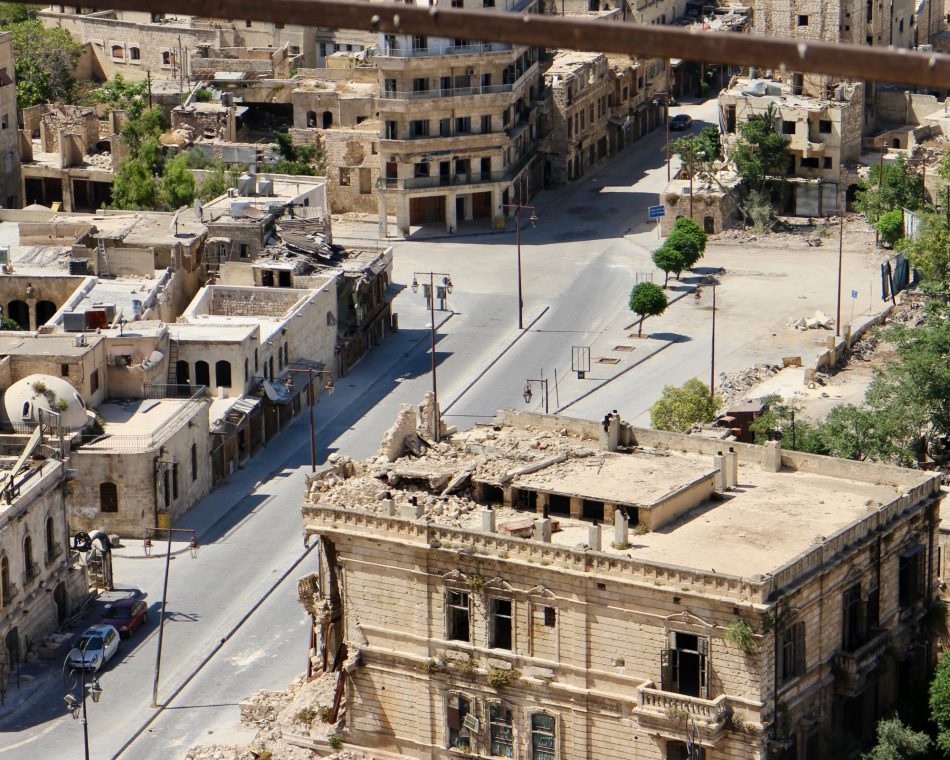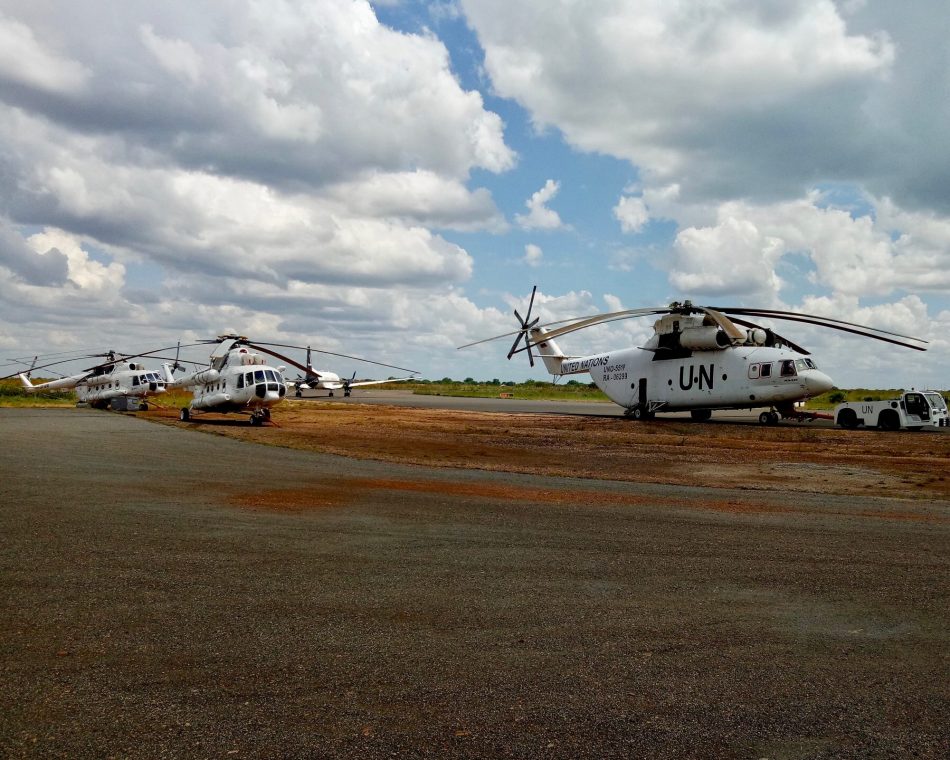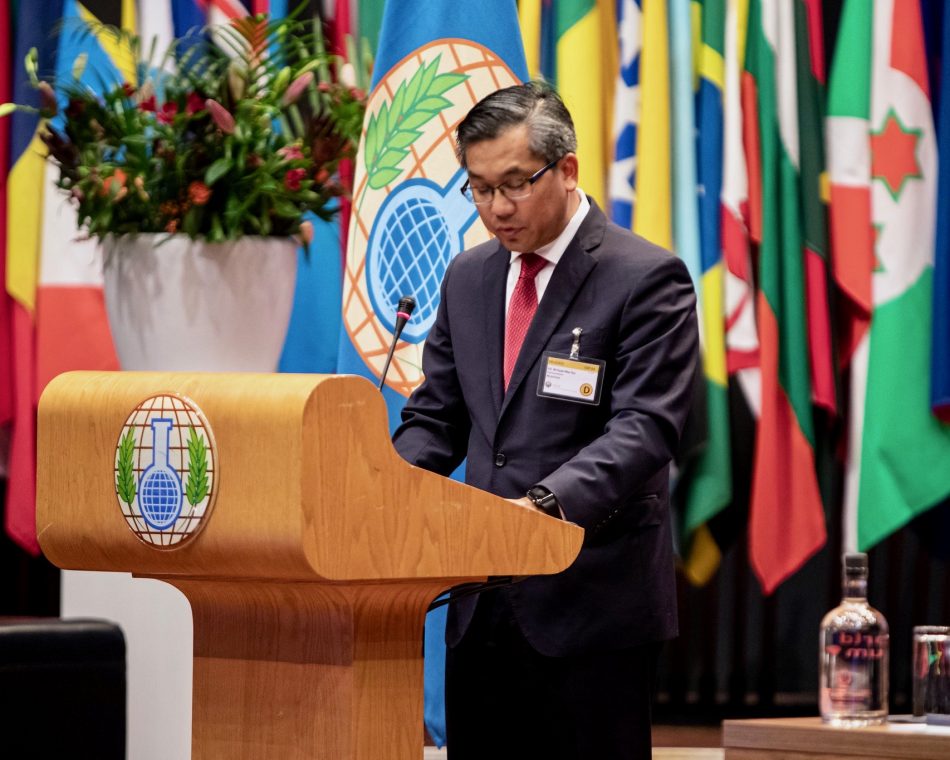
Myanmar's U.N. envoy defies ouster
A week after his nation's military tried to remove him, Myanmar’s U.N. Ambassador Kyaw Moe Tun remained in his post, the chief U.N. spokesman said.
Award-winning U.N.-accredited journalist, with 30+ years on four continents, almost half of it for AP in Washington, New York and Geneva.
A week after his nation's military tried to remove him, Myanmar’s U.N. Ambassador Kyaw Moe Tun remained in his post, the chief U.N. spokesman said.
The pandemic has kept 168 million children from attending schools and for many of them the consequences could be disastrous, UNICEF reported.
Reporters Without Borders filed a criminal complaint against the Saudi crown prince over Jamal Khashoggi's murder and the detention of 34 other journalists.
International donors contributed US$1.7 billion for people starving in Yemen, an amount that leaders of humanitarian organizations called disappointing.
Two U.N. human rights experts called for an international and independent investigation into the poisoning of Russian opposition leader Alexei Navalny.
Saudi Arabia's crown prince "approved" the murder of journalist Jamal Khashoggi, a declassified U.S. intelligence report concluded.
The world's promised cuts in greenhouse gases come nowhere close to fulfilling the 2015 Paris Agreement, according to a new U.N. analysis.
The COVAX Facility's global rollout of COVID-19 vaccines finally launched with the delivery of 600,000 doses to Ghana's capital Accra.
The United States will campaign for a seat on the world's top human rights body, in another reversal of the former Trump administration's foreign policy.
The head of the U.N. atomic watchdog agency and Iranian top officials announced Tehran will give international inspectors reduced access to nuclear sites.
U.S. President Biden reconnected with NATO and the G-7 and told the Munich Security Conference "democratic progress is under assault" around the world.
French President Emmanuel Macron led a chorus of world leaders and advocates in celebrating the United States' official return to the 2015 Paris Agreement.
In a new major report, the U.N. Environment Program recommended a "scientific blueprint" for governments to tackle three environmental crises at once.
Syria's combatants have taken advantage of the international community's disastrous failures, the chair of a panel of U.N. investigators said.
The U.N. took up a proposal calling for cease-fires in conflict zones to allow deliveries of coronavirus vaccines.
Sixteen airlines joined a UNICEF-led initiative to push for speedier deliveries of coronavirus vaccines and medical supplies among more than 100 nations.
